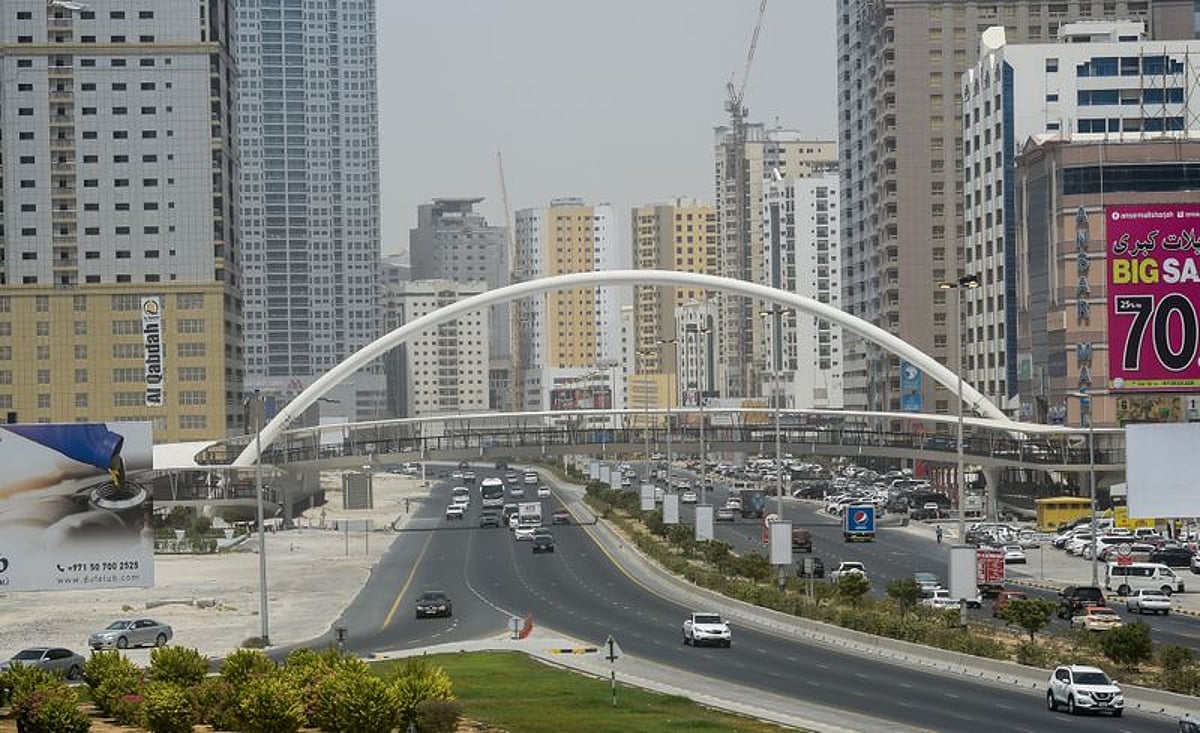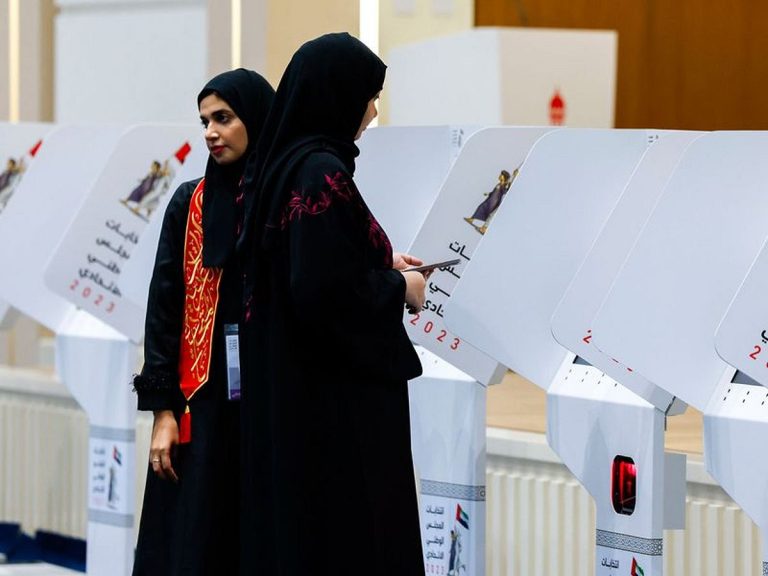UAE Launches Dh170 Billion Road Expansion Plan
The UAE is embarking on a significant investment initiative aimed at transforming its transport infrastructure. With a budget of Dh170 billion, the plan seeks to alleviate traffic congestion, improve public mobility, and support the nation’s growing economy and population by 2030.
Key Features of the Investment Plan
The centerpiece of this initiative is the proposed construction of a new federal highway, which will span 120 kilometers and feature 12 lanes. This highway is expected to accommodate up to 360,000 trips daily, significantly enhancing traffic flow across the region.
During the UAE Government Annual Meetings in Abu Dhabi, Suhail Al Mazrouei, the Minister of Energy and Infrastructure, emphasized that this investment is part of a broader national strategy to modernize transport systems. This includes not only road expansions but also the development of high-speed and light rail systems, as well as improvements to public transport services.
Enhancements to Existing Roads
The ministry aims to increase the efficiency of federal roads by 73% over the next five years. This will involve widening existing lanes and upgrading major routes. Notable expansions include:
– **Etihad Road**: An addition of six new lanes (three in each direction), raising its total capacity to 12 lanes and improving traffic flow by 60%. – **Emirates Road**: Expansion to 10 lanes, which will increase capacity by 65% and reduce travel times by 45%. – **Sheikh Mohammed bin Zayed Road**: Widening to 10 lanes, enhancing capacity by 45%.
These enhancements are aligned with the UAE Centennial 2071 plan, which aims to create a smart, flexible, and sustainable infrastructure that improves traffic flow and overall quality of life.
Ongoing Projects and Future Goals
The ministry has already initiated work on the Emirates Road upgrade, a project valued at Dh750 million that is expected to be completed within two years. This is part of a larger vision to establish a sustainable and efficient national road network that prioritizes safety and reduces emissions.
Addressing traffic congestion is a national priority, with federal and local entities collaborating to strengthen infrastructure and enhance public transport networks. Al Mazrouei noted that vehicle numbers in the UAE have surged by over 8% annually, significantly outpacing the global average of 2%. Factors contributing to this increase include high private car usage, overlapping schedules for work and school, and rapid population growth.
Innovative Solutions for Traffic Management
To tackle congestion effectively, the ministry plans to work closely with local authorities to update traffic policies and promote innovative mobility solutions. Al Mazrouei stated that the ministry is adopting a comprehensive strategic approach that incorporates smart technologies to enhance traffic efficiency.
An integrated 24-hour traffic monitoring center is already operational, analyzing congestion patterns and developing data-driven solutions to improve traffic management.
Future of Rail Transport
In addition to road improvements, Al Mazrouei confirmed that the Etihad Rail project is on schedule to launch passenger services in 2026. This rail network aims to strengthen connectivity between cities and communities, reduce traffic congestion, and meet passenger needs according to international standards. The Dh50 billion UAE Railway Programme, announced in 2021, reflects the nation’s commitment to building a modern and efficient transport ecosystem.
FAQs
What is the main goal of the UAE’s Dh170 billion investment plan?
The primary goal is to alleviate traffic congestion, enhance public mobility, and support economic and population growth in the UAE by upgrading transport infrastructure.
How will the new federal highway impact traffic flow?
The new 120-kilometer federal highway, with a capacity for 360,000 trips per day, is expected to significantly improve traffic flow and reduce congestion in the region.
When is the Etihad Rail expected to begin passenger services?
Passenger services on the Etihad Rail are anticipated to launch in 2026, aiming to enhance connectivity and reduce traffic congestion across the UAE.
Conclusion
The UAE’s ambitious investment plan represents a proactive approach to addressing traffic congestion and improving public transport. With significant road expansions and the development of a modern rail network, the country is set to enhance mobility and support its growing population. Continued collaboration between federal and local entities will be essential in achieving these goals.
Also Read:
Aither Launches to Enhance AI in UAE Economy







